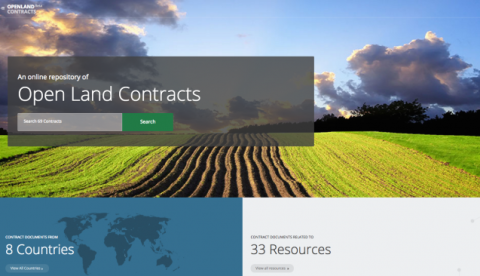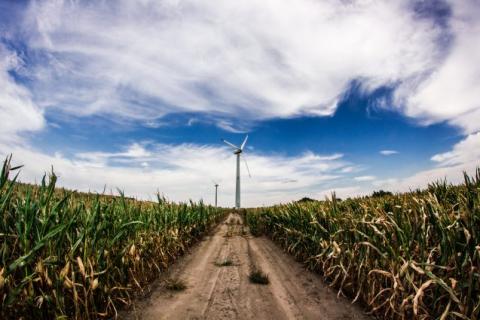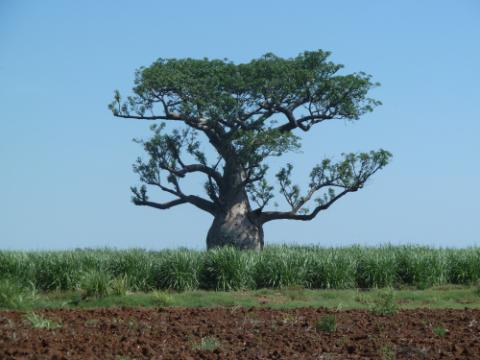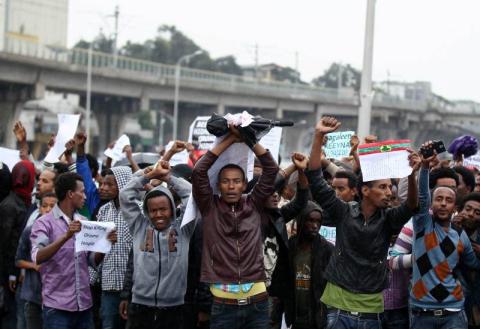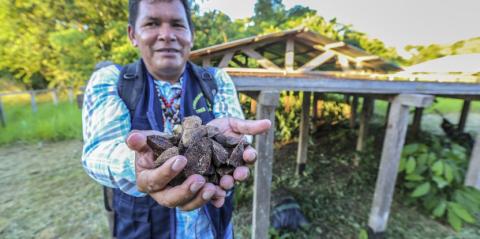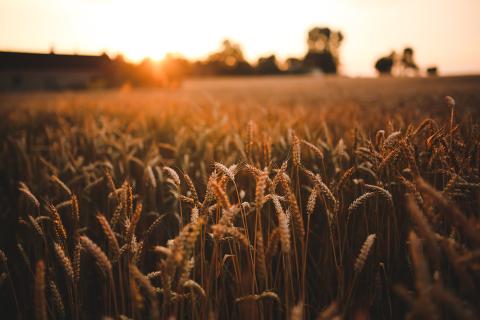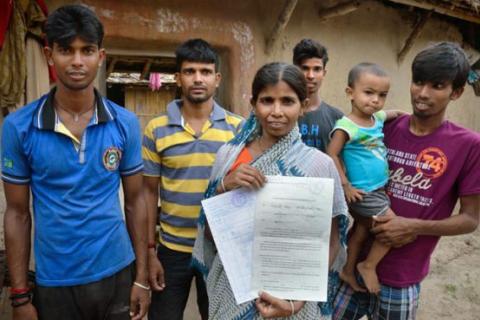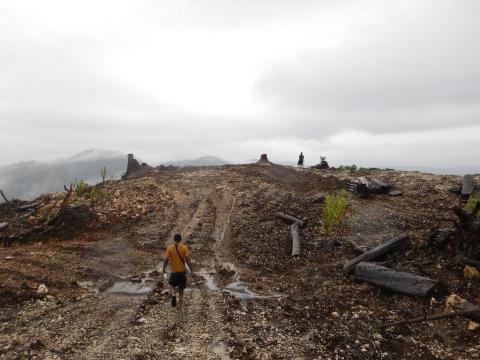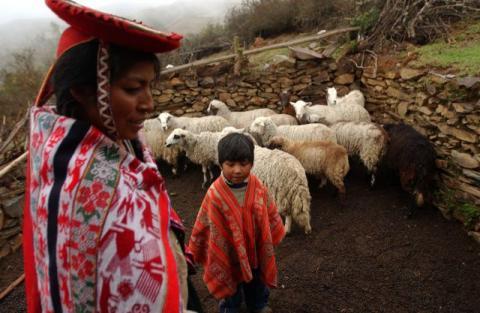Discover hidden stories and unheard voices on land governance issues from around the world. This is where the Land Portal community shares activities, experiences, challenges and successes.
 Follow our
Follow our
Sustainable Development Goals
Blog Series!
Interested in land corruption?
Follow our Land & Corruption Blog Series
for in-depth perspectives from the experts.
Issues
Geographical focus
This is a contribution to our ongoing debate 'Open Data and Land Governance: Increased accountability and transparency as a means to overcoming poverty?'. Join in and ad your voice to the discussion!
By Kaitlin Cordes, Head of Land and Agriculture at the Columbia Center on Sustainable Investment
Any discussion on climate change and sustainable investment in natural resources must grapple with land—a complicated yet crucial component of the search for equitable climate change solutions. In the context of resource investments, land is deeply entwined with both climate change impacts and climate change actions. At the risk of oversimplifying a complex and nuanced topic, here are three key takeaways on the interactions between resource investments, land use, land rights, and climate change.
By Ian Scoones, Professorial Fellow at the Institute of Development Studies, and the Director of the ESRC STEPS Centre at Sussex
By Michael Taylor, Director of the International Land Coalition (ILC)
By the Center for International Forestry Research Center for International Forestry Research (CIFOR)
Peru - The indigenous community of Tres Islas in southeastern Peru seems to have it all—good fishing; a vast forest of timber, Brazil nut, palm and other trees; and natural beauty any ecotourist would pay to enjoy.
This blog was originally posted at: http://politicsofpoverty.oxfamamerica.org/2016/10/how-are-coca-cola-and-...
Coca-Cola and PepsiCo have adopted “zero-tolerance” for land grabs in their operations around the world. Oxfam checks in on how they’re doing in Brazil.
By Kaitlin Cordes and Jesse Coleman, Columbia Center on Sustainable Investment (CCSI)
Common stereotypes can hinder the advance of women’s opportunities on the ground
By Ruth Meinzen-Dick, Agnes Quisumbing, and Sophie Theis
By Justine Uvuza, senior gender and land tenure specialist at Landesa
Property and citizenship are in many ways what define us, and they interact in fascinating ways.
On 15th September the International Criminal Court broadened its process for selecting and prioritising cases to include land grabbing and environmental destruction. The decision presents an opportunity to curb the deforestation and rights abuses driven by illegally-issued agricultural concessions in Cambodia, likely to be the court’s first credible case. It also has important implications for other countries suffering from the worst excesses of illegal deforestation. Neil Loughlin and Tom Johnson report.
By David Kaimowitz, Director, Natural Resources and Climate Change, the Ford Foundation
By Gina Cosentino, Social Development Specialist, World Bank and Climate Investment Funds
Everything old is new again, at least when it comes to searching for workable and proven solutions to addressing climate change. Indigenous peoples have developed, over time, innovative climate-smart practices rooted in traditional knowledge and their relationship with nature.

